Types of Sewing Machines When it comes to sewing machines, there are several types to choose from. Each type has its...
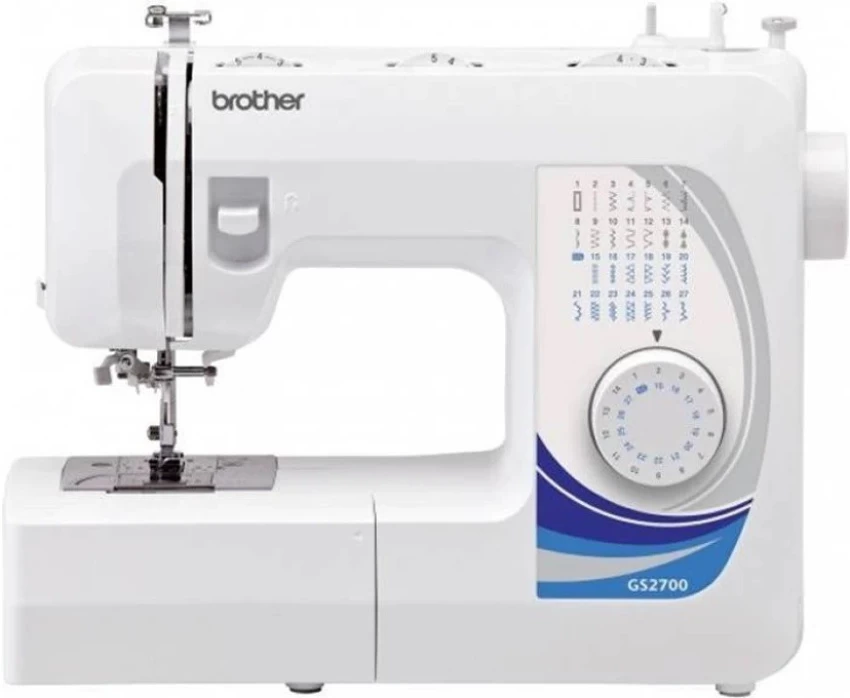
The Ultimate Guide to Choosing the Perfect Sewing Machine for Your Creative Projects On Bazar91
Understanding the Different Features and Specifications
Once you have identified the type of sewing machine that suits your needs, it's important to understand the various features and specifications that come with it. These features can greatly impact your sewing experience and the types of projects you can undertake.
One of the key features to consider is the number and variety of stitch patterns available. Different sewing machines offer different stitch options, ranging from basic straight stitches to decorative and embroidery stitches. If you're someone who enjoys experimenting with different sewing techniques, look for a machine that offers a wide range of stitch patterns.
Another important feature to consider is the sewing machine's speed and power. The speed refers to the number of stitches per minute that the machine can handle. If you plan on working on large projects or need to sew quickly, look for a machine with a higher maximum speed. Power is also a crucial factor, especially when working with heavy fabrics or multiple layers. A powerful motor will ensure smooth and consistent stitching even on challenging materials.
Other features to consider include the size and type of the sewing machine's needle, the size of the sewing area or throat space, the presence of automatic thread cutter or needle threader, and the availability of adjustable presser foot pressure. These features can greatly enhance your sewing experience and make your projects more enjoyable.
By understanding the different features and specifications of sewing machines, you can select a machine that aligns with your specific needs and preferences. Take your time to research and compare different models to find the one that suits you best.
Determining Your Sewing Needs and Skill Level
Before investing in a sewing machine, it's important to determine your sewing needs and skill level. Ask yourself what types of projects you plan on working on and what level of sewing expertise you possess. This will help you narrow down your options and choose a machine that will support your creative endeavors.
If you're a beginner, it's advisable to start with a basic sewing machine that is easy to use and understand. Look for a machine that offers essential features such as straight and zigzag stitches, adjustable stitch length and width, and an automatic or easy-to-use bobbin winder. These features will help you learn the basics of sewing and build your skills gradually.
Intermediate sewers who already have some experience with sewing may want to consider a machine with more advanced features. Look for a machine that offers a variety of stitch patterns, automatic features such as needle threading and buttonhole making, and adjustable settings for tension and stitch length. These features will allow you to explore new techniques and expand your sewing capabilities.
Advanced sewers who are experienced in various sewing techniques and want to take their creativity to the next level should consider computerized sewing machines. These machines offer a wide range of built-in stitches, embroidery capabilities, and advanced features such as programmable stitch sequencing and editing. With a computerized sewing machine, you can unleash your imagination and create intricate designs with ease.
By assessing your sewing needs and skill level, you can make an informed decision when choosing a sewing machine. Remember that your sewing machine should be a tool that supports your creativity and helps you achieve your sewing goals.
Setting a Budget for Your Sewing Machine
When it comes to purchasing a sewing machine, it's important to set a budget that aligns with your financial capabilities. Sewing machines come in a wide price range, depending on the type, brand, and features they offer. By setting a budget, you can narrow down your options and focus on machines that fall within your price range.
Beginner sewing machines are usually more affordable, with prices ranging from $100 to $300. These machines offer basic features and are suitable for those who are just starting their sewing journey. Intermediate sewing machines can range from $300 to $800, offering more advanced features and functionalities. If you're an experienced sewer or want to explore complex techniques, you may need to invest in a higher-end machine, which can range from $800 to $3000 or more.
It's important to note that while higher-priced machines may offer more features and advanced capabilities, they may not be necessary for everyone. Consider your sewing needs and budget before making a decision. Remember that a reliable and well-built machine can serve you well for many years, even if it doesn't have all the bells and whistles.
Once you have set a budget, research and compare different sewing machine models within that price range. Look for machines that offer the features you need and have good reviews from customers. By doing your due diligence, you can find a sewing machine that offers great value for your money.
Researching and Comparing Sewing Machine Brands and Models
Now that you have an understanding of the different types of sewing machines and the features to consider, it's time to dive into researching and comparing specific brands and models. This step is crucial in finding a sewing machine that not only meets your requirements but also provides reliability and durability.
Start by researching reputable sewing machine brands that have a track record of producing high-quality machines. Some well-known brands include Singer, Brother, Janome, Bernina, and Pfaff. Each brand has its own strengths and specialties, so take the time to explore their offerings and read customer reviews.
When comparing sewing machine models, pay attention to the specific features and functionalities they offer. Look for machines that align with your sewing needs and skill level. Consider factors such as stitch patterns, speed, power, ease of use, and durability. Reading customer reviews and testimonials can provide valuable insights into the performance and reliability of different models.
Additionally, consider the availability of customer support and warranty options. A sewing machine is an investment, and it's important to have access to reliable customer support in case you encounter any issues or need assistance. Look for brands that offer good customer service and warranty coverage.
By doing thorough research and comparing different sewing machine brands and models, you can narrow down your options and make an informed decision. Remember to prioritize your specific requirements and choose a machine that aligns with your sewing goals.
Reading Customer Reviews and Testimonials
One of the best ways to gauge the performance and reliability of a sewing machine is by reading customer reviews and testimonials. These firsthand accounts can provide valuable insights and help you make an informed decision.
Start by visiting online retailers or sewing-related forums where customers share their experiences with different sewing machines. Pay attention to both positive and negative reviews to get a balanced perspective. Look for patterns or common themes in the reviews that align with your specific needs and concerns.
While customer reviews are a great source of information, it's important to approach them with a critical eye. Keep in mind that individual experiences may vary, and some negative reviews may be the result of user error or unrealistic expectations. Look for well-documented and detailed reviews that provide objective information about the machine's performance, durability, and ease of use.
In addition to online reviews, consider reaching out to fellow sewers or joining sewing communities on social media platforms. These communities can be a valuable source of advice, recommendations, and real-life experiences with different sewing machines. By engaging with others who share your passion for sewing, you can gain further insights and make a more informed decision.
Trying Out Sewing Machines In-Store or at a Sewing Machine Expo
While online research and customer reviews can provide a wealth of information, there's nothing quite like trying out sewing machines in person. If possible, visit a local sewing machine store or attend a sewing machine expo where you can test different models and get a feel for their performance.
When trying out sewing machines, pay attention to the overall build quality, ease of use, and how comfortable you feel while using them. Test different stitch patterns, adjust the settings, and observe how the machine handles different fabrics. Consider factors such as noise level, smoothness of the stitching, and the overall user experience.
If you're attending a sewing machine expo, take advantage of the opportunity to speak with representatives from different brands. Ask them questions, seek clarification on specific features, and gather as much information as possible. This firsthand experience can greatly influence your decision-making process.
Remember to bring along samples of fabrics or projects you typically work on. This will allow you to see how well the machine handles the specific materials you use and whether it meets your expectations in terms of stitch quality and consistency.
By trying out sewing machines in-store or at a sewing machine expo, you can get a firsthand experience of their performance and suitability for your sewing needs. This hands-on approach can help you make a confident decision and ensure that the machine you choose will be a joy to work with.
Considering Additional Accessories and Attachments
When choosing a sewing machine, it's important to consider the availability of additional accessories and attachments. These add-ons can greatly enhance your sewing experience and expand your creative possibilities.
Many sewing machines come with a variety of accessories included, such as different presser feet, bobbins, and needles. These accessories are essential for various sewing techniques and can save you time and effort. However, it's important to check if the machine you're considering offers the specific accessories you need for your projects.
Additionally, some sewing machines have the ability to accommodate additional accessories and attachments. These can include specialized presser feet for quilting or embroidery, buttonhole attachments, or even software for creating custom designs. If you have specific sewing techniques or projects in mind, consider whether the machine offers the necessary compatibility and versatility.
Research the availability of accessories and attachments for the sewing machine models you're interested in. Check if they are readily available and if they come at an additional cost. Having access to a wide range of accessories can greatly enhance your sewing capabilities and allow you to explore new techniques and styles.
By considering additional accessories and attachments, you can choose a sewing machine that not only meets your current needs but also offers room for growth and experimentation. Don't overlook the potential of these add-ons to elevate your sewing projects to new heights.
Making the Final Decision and Purchasing Your Sewing Machine
After conducting thorough research, comparing different brands and models, and trying out sewing machines in person, it's time to make the final decision and purchase your sewing machine. This can feel like a daunting task, but armed with the knowledge and insights gained from your research, you can approach this step with confidence.
Consider all the factors discussed in this guide, including the type of sewing machine, the features and specifications, your sewing needs and skill level, your budget, customer reviews, and the availability of accessories. Take your time to weigh the pros and cons of each option and choose the machine that best aligns with your requirements and preferences.
Once you have made your decision, it's time to make the purchase. If you're buying online, ensure that you're purchasing from a reputable retailer or directly from the manufacturer. Check for warranty coverage, return policies, and customer support options. If you're buying in-store, take advantage of any ongoing promotions or discounts that may be available.
Before completing the purchase, double-check that the sewing machine comes with all the necessary accessories and attachments that you need. Consider investing in a sewing machine cover or case to protect your machine when not in use. Additionally, inquire about any training or support resources that may be available, especially if you're a beginner or transitioning to a new type of machine.
By making an informed decision and purchasing a sewing machine that meets your needs, you're setting yourself up for a fulfilling and enjoyable sewing journey. Your sewing machine will become your creative companion, allowing you to bring your imaginative projects to life. Embrace the possibilities and let your creativity soar.
Maintaining and Caring for Your Sewing Machine
Once you have your sewing machine, it's important to maintain and care for it properly to ensure its longevity and optimal performance. Regular maintenance and cleaning will not only extend the lifespan of your machine but also prevent any issues that may affect its functionality.
Start by reading the manufacturer's instructions and familiarizing yourself with the specific maintenance requirements for your sewing machine model. Follow the recommended cleaning and oiling schedule to keep the machine running smoothly. Regularly remove lint and dust from the bobbin area and other internal parts. Use a soft brush or lint roller to clean the exterior surfaces of the machine.
When changing needles or presser feet, make sure to follow the correct procedure specified by the manufacturer. Using the wrong needles or presser feet

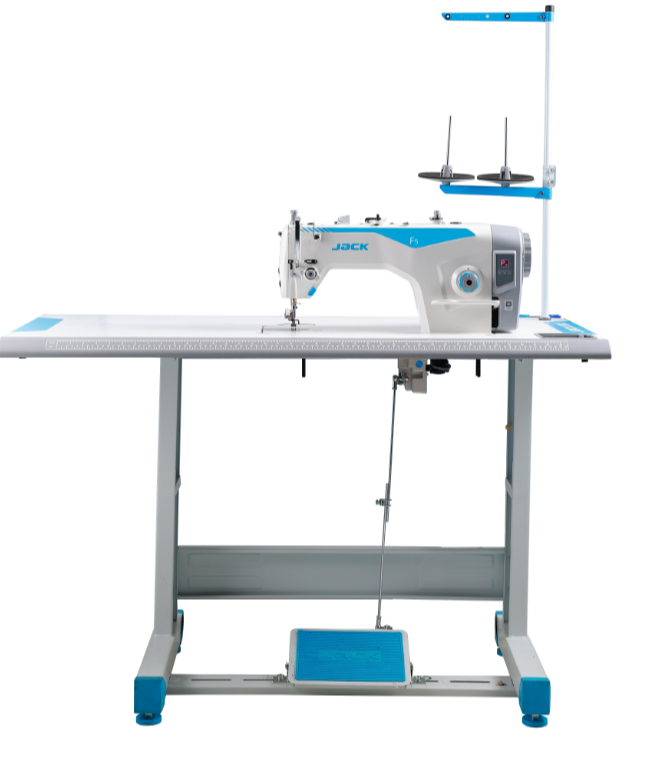

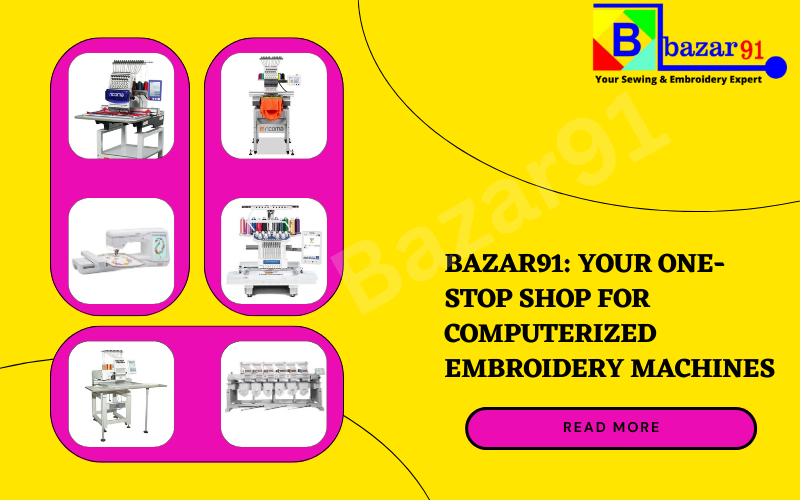
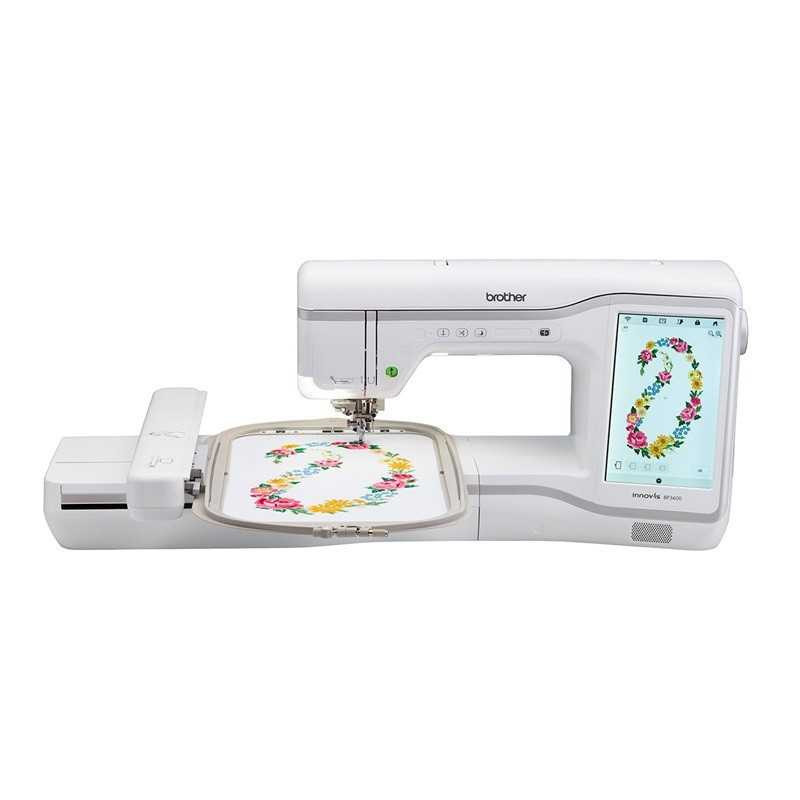

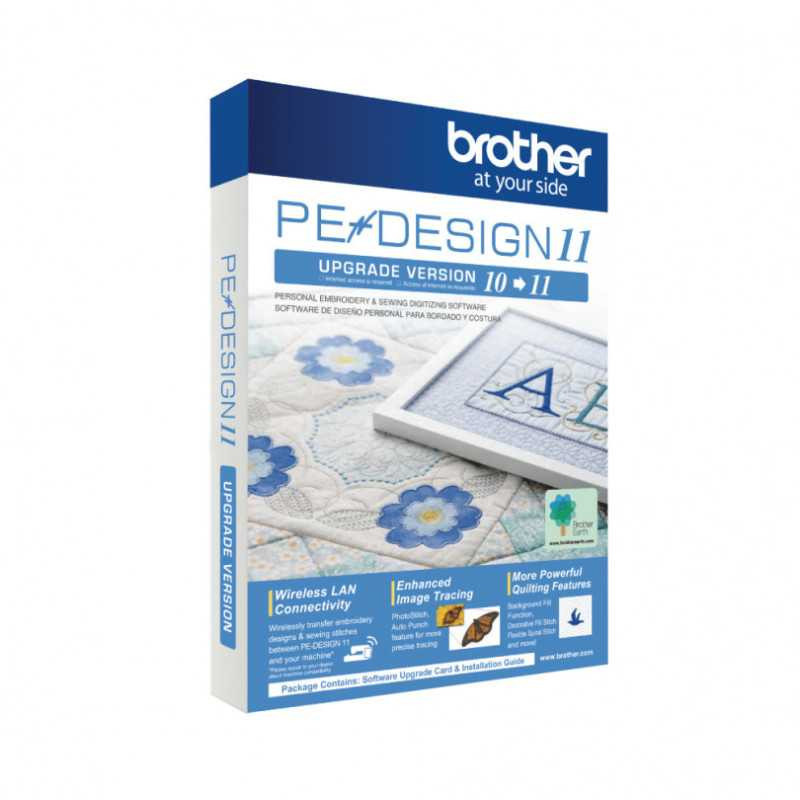
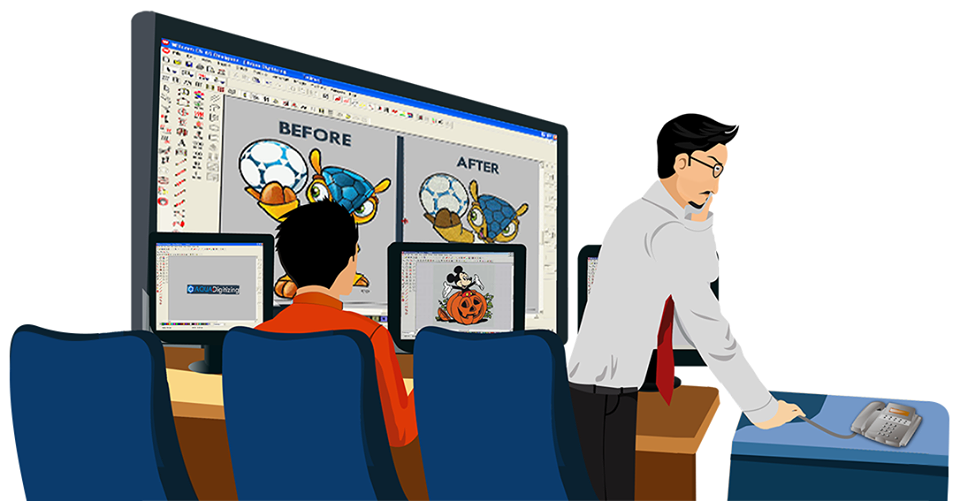
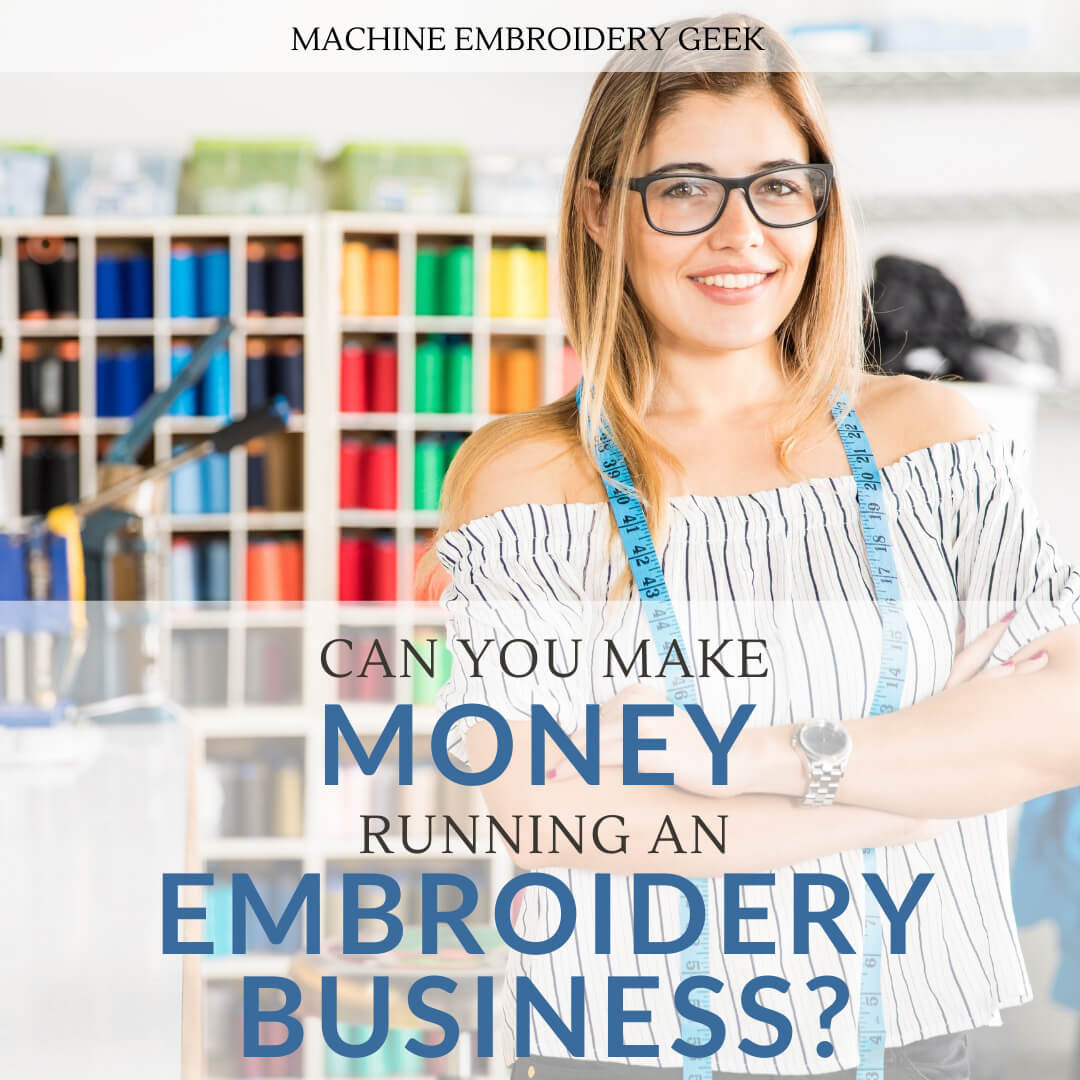

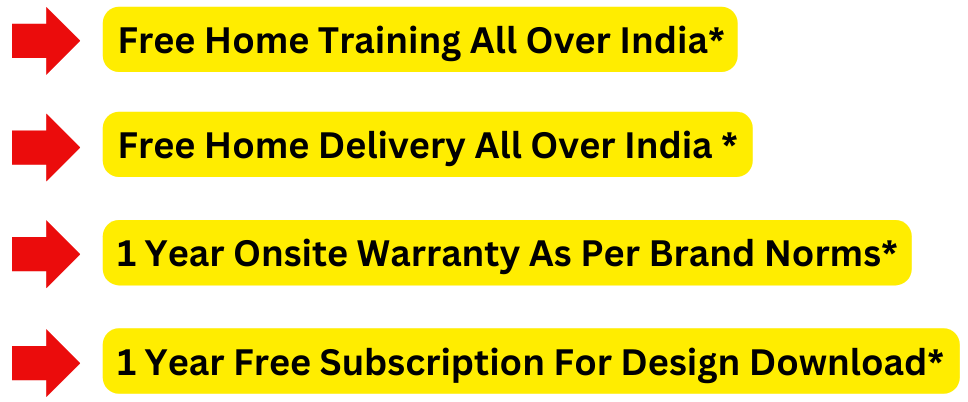
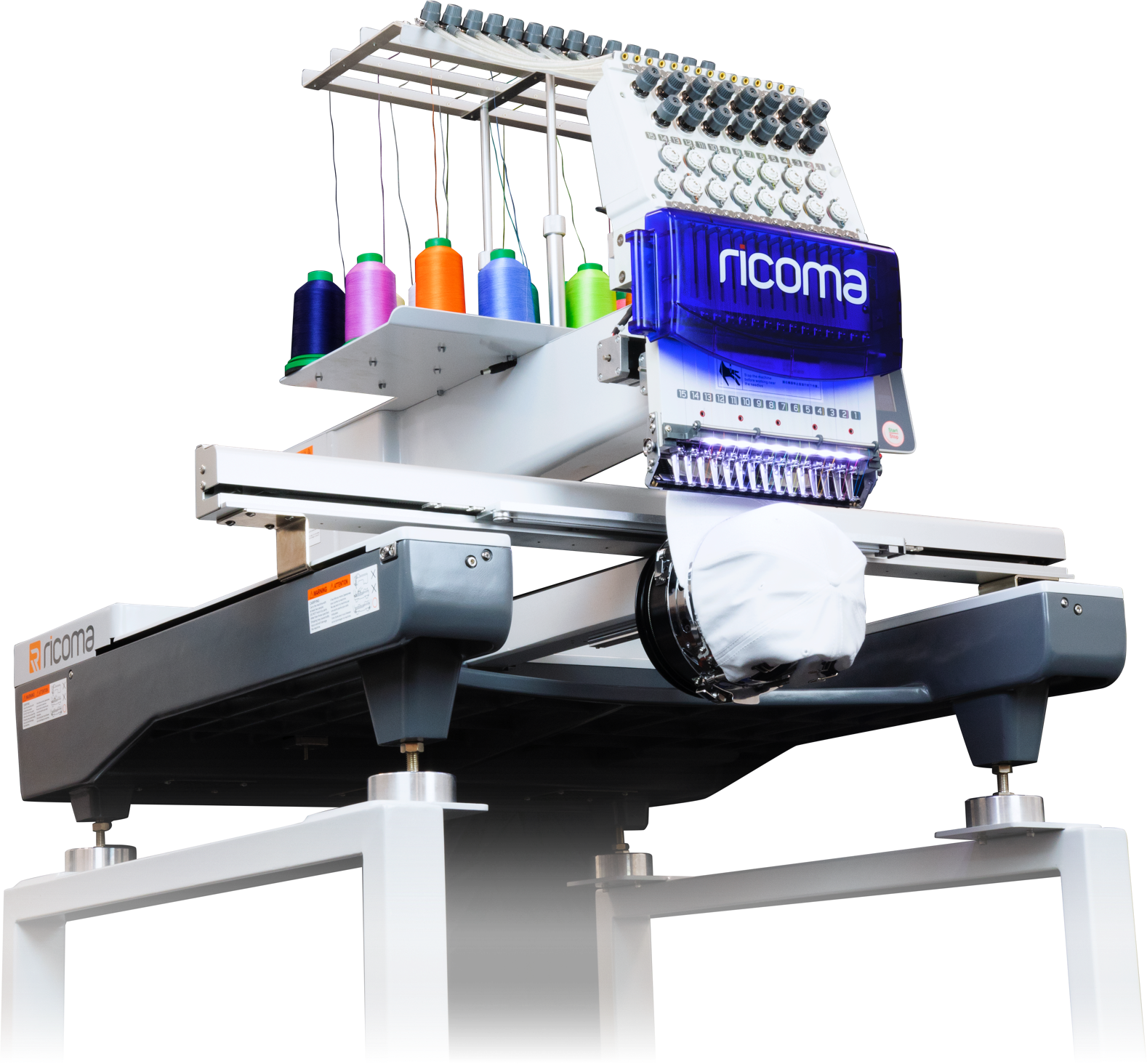
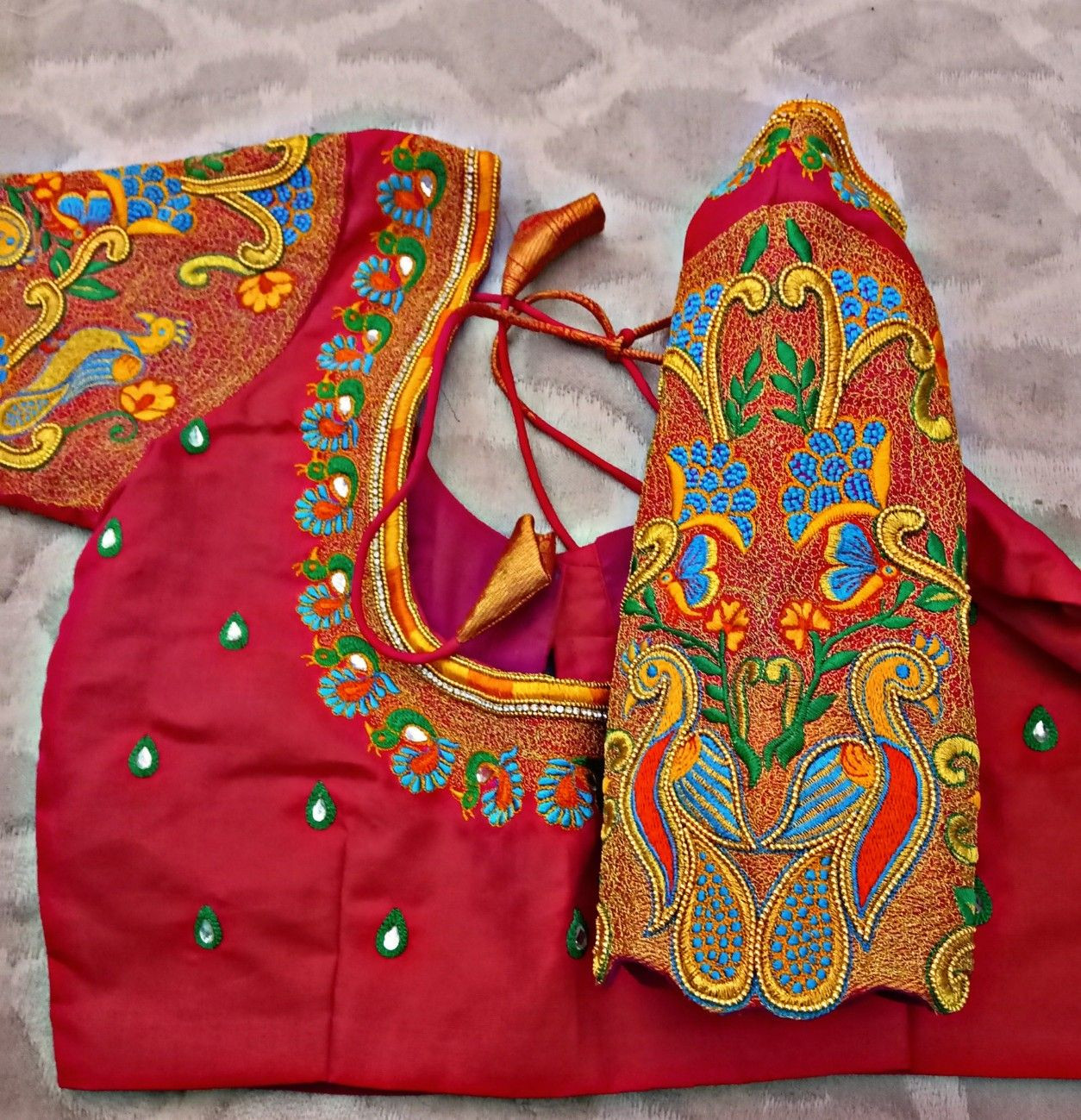

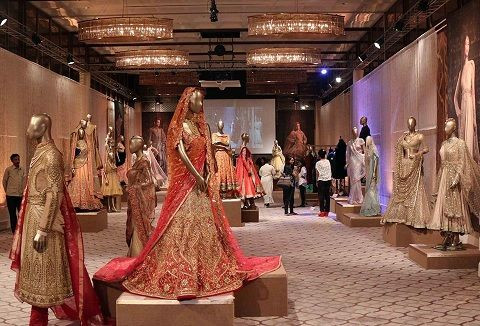
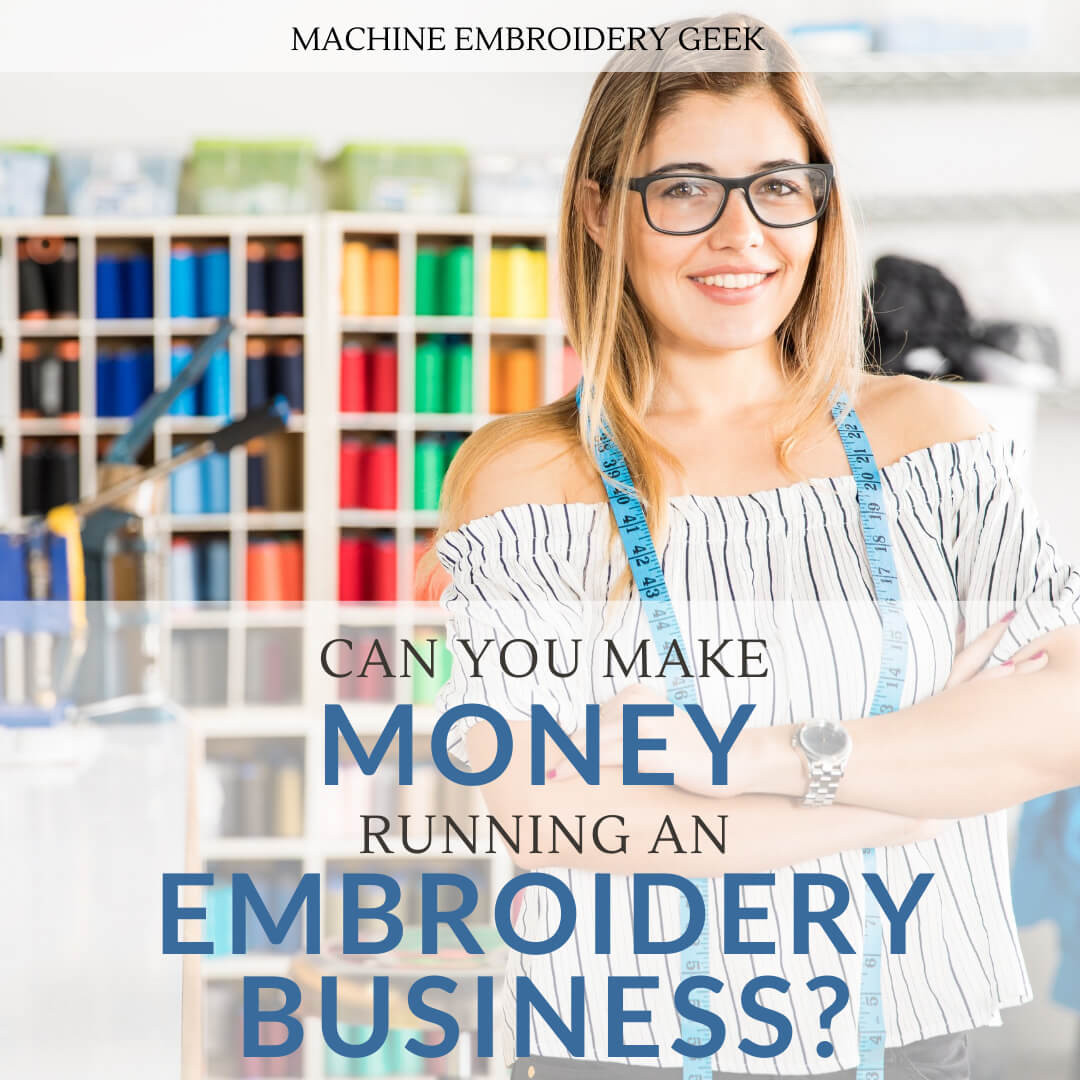
Leave a comment